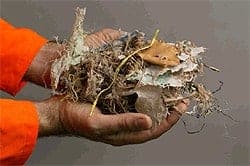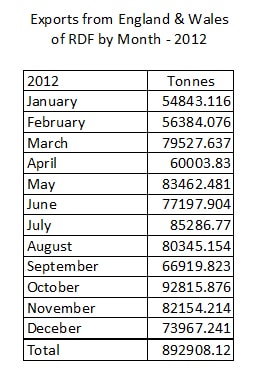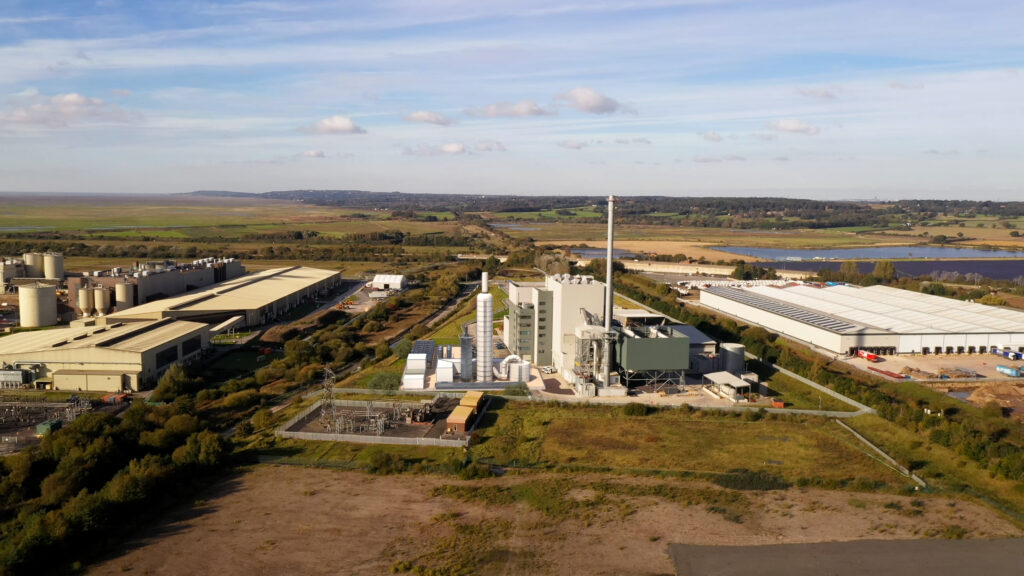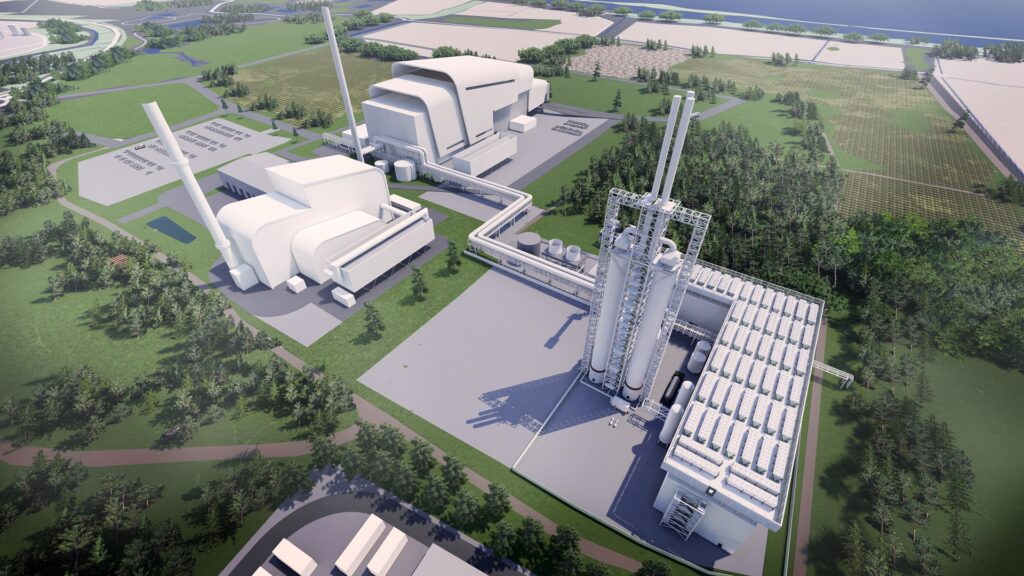The amount of refuse-derived fuel exported for incineration rose threefold in 2012 compared to the previous year, according to data compiled by the Environment Agency.
The revelation comes after Defra minister Richard Benyon revealed that the government is seeking to drive up RDF usage domestically, claiming that it is a “lost resource” when exported to the continent.

The data shows that a total of 892,900 tonnes of refuse-derived fuel (RDF) was exported throughoutlast year, compared to just 272,000 tonnes during 2011.
RDF is a fuel produced by shredding and dehydrating solid waste, which companies wishing to export are required to notify the Environment Agency of its final destination, to ensure it does not end up in landfill.
In total, 25 companies exported material throughout the year to eight European countries: Denmark, Estonia, Germany, Ireland, Latvia, the Netherlands, Norway and, Sweden.
The bulk of the RDF from the UK was sent to the Netherlands, which imported in excess of 690,000 tonnes of the material over the 12 month period. The second largest market for RDF from the UK was Denmark, which brought in around 67,000, while 53,000 tonnes were sent to facilities in Germany.
Permit
Among the largest exporters of material was SITA UK, which exported a total of 218,000 tonnes of RDF in 2012.
The company was issued the largest ever permit for the export of RDF when the Environment Agency granted it a three year licence to export up to 600,000 tonnes of the material to the Netherlands in May 2012 for use in the combined heat and power facility in Amsterdam run by the City of Amsterdam Waste and Energy Company, Afval Energie Bedrijf (AEB) (see letsrecycle.com story).
In total, 202,000 tonnes ofSITA’s exported tonnage throughout 2012 was sent to the Netherlands.

Companies permitted to export RDF for the first time in 2012 include Lincolnshire recycling firm Mid UK Recycling, Welsh waste management firm Environmental Practical Solutions EPS and Wigan-based Blakeleys Waste Management.
Infrastructure
Adrian Stewart, managing director of EPS told letsrecycle.com that the company took the decision to export the material outside of the UK as a result ofa lack of facilities in the UK able to process RDF. EPS collects and sorts plastics, paper, card, metal and wood, converting material that cannot be recycled into a solid recovered fuel (SRF).
He said: Capacity in the UK is definitely one of the driving forces for sending material out of the UK, because from a proximity principal alone it would be better to keep it in the country.
A lot of people are putting SRF and RDF under the same category, but RDF is much cruder while a lot more processing goes into producing SRF to make it suitable for cement kilns, for example.
For a lot of companies this isnt just a cheap way to export into Europe, if there was a facility available in the area that could take the material, it would definitely be going down that route.
Defra
Responding to a written question on the potential effect of the rise in the amount of waste exported to Europe in Parliament last week (Febraury 5), Defra minister Richard Benyon explained that the government is discussing the barriers to development of the EfW sector in the UK with the waste sector.
He said: The export for energy recovery of waste pre-treated to give a refuse derived fuel can have advantages over managing it within the UK, for example if the alternative UK treatment route is more costly or more harmful environmentally.
On the other hand, the energy recovered from exported waste is a lost resource to the UK. The Government are discussing with the waste industry the barriers to our domestic energy from waste sector competing effectively for waste derived fuels.
Critics have argued that exporting RDF is stifling investment in energy-from-waste infrastructure in the UK. According to the Renewable Energy Association (REA), the high level of export for RDF is due to Europes EfW infrastructure being far ahead of that of the UK. The REA supports greater use of RDF domestically (see letsrecycle.com story).










Subscribe for free